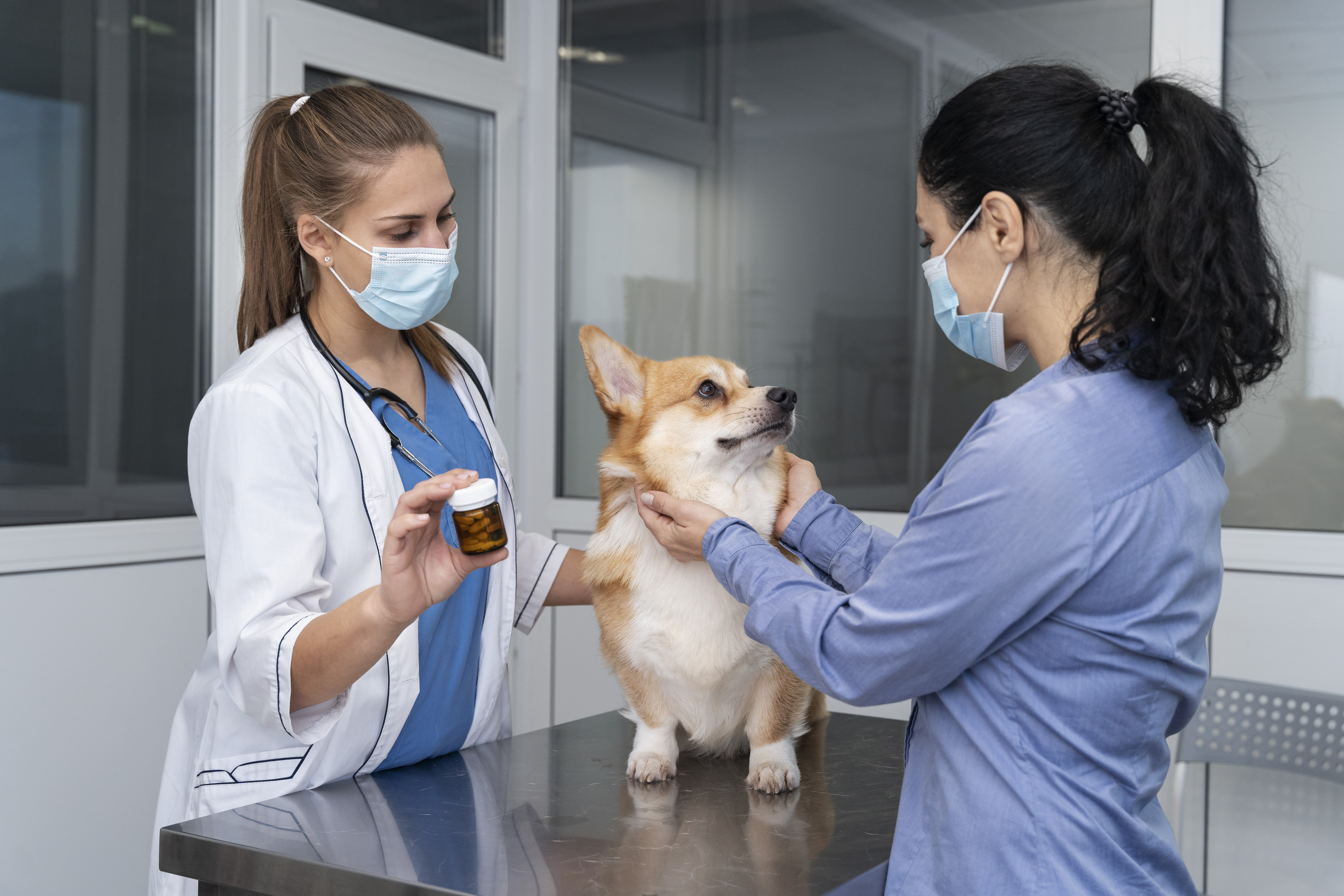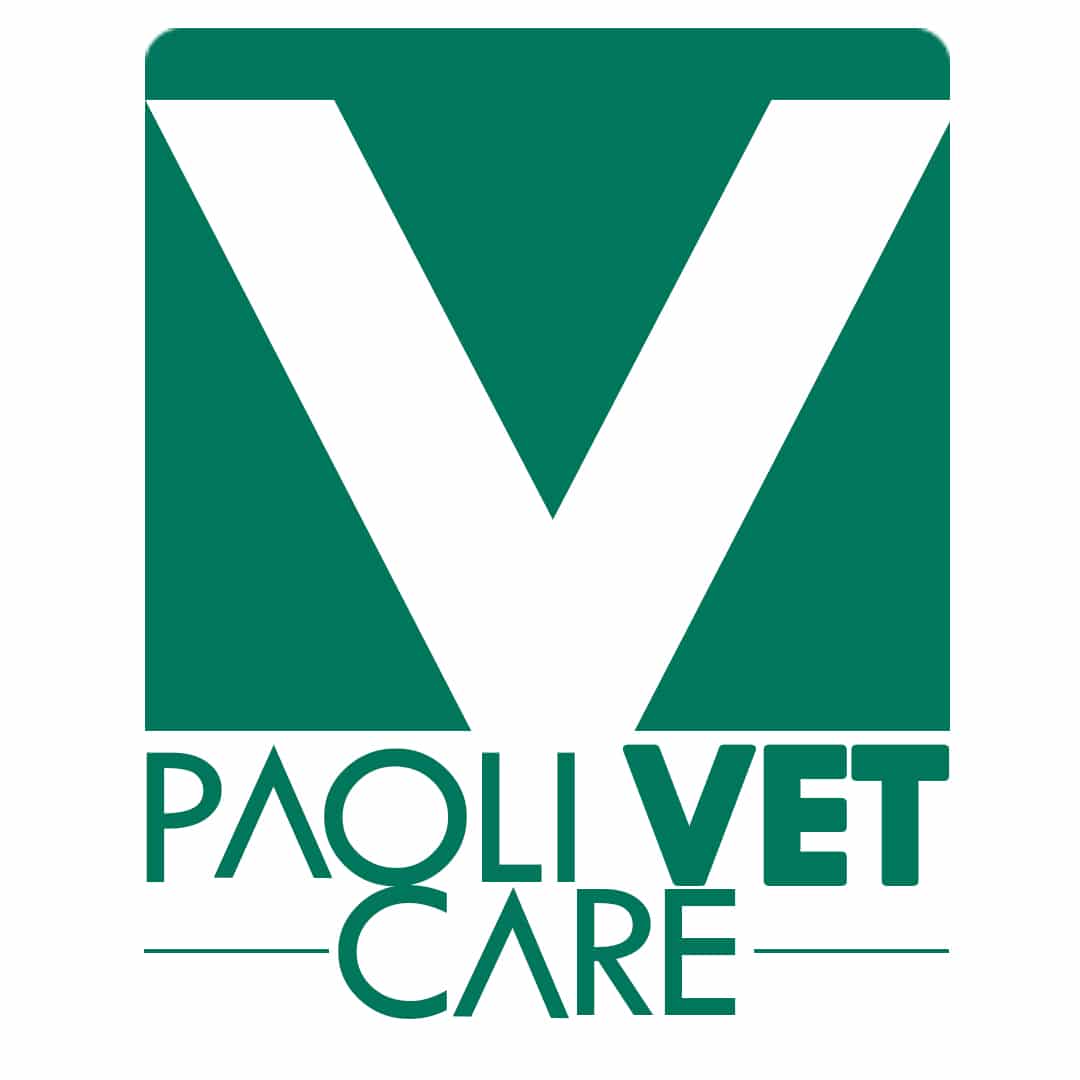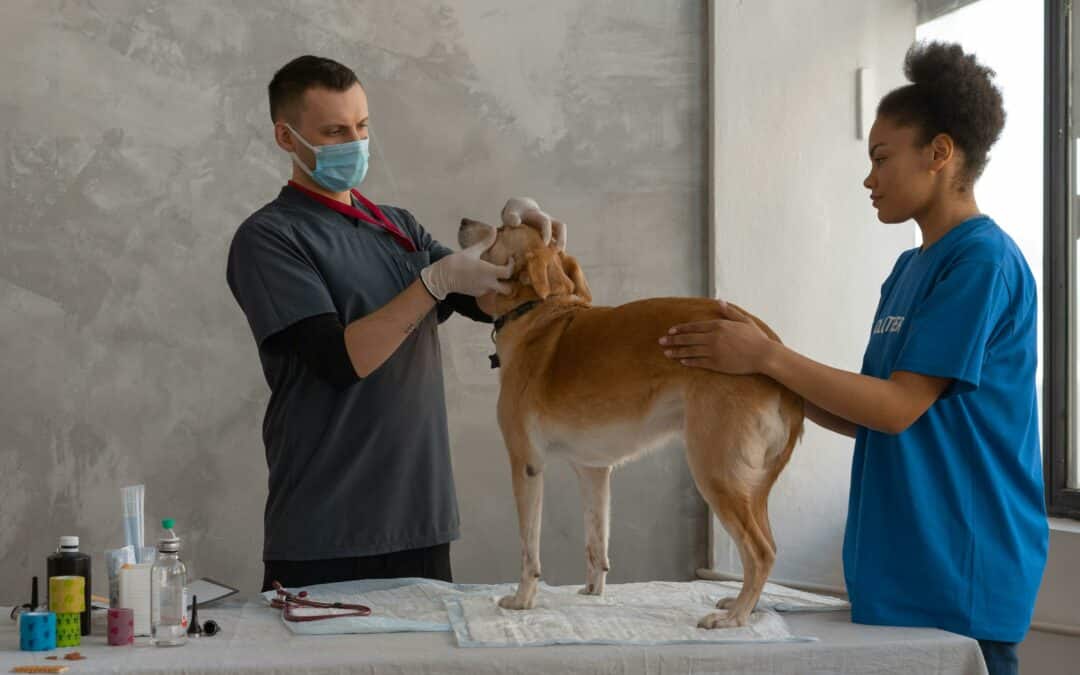Pet owners are in a state of worry as an unidentified pet illness spreads through part of the country, affecting dogs in over a dozen U.S. states. Is this fear and anxiety warranted? How do you know if your dog has contracted a respiratory illness? What can you do for your dog if they come down with this serious medical issue?
There are a few known canine respiratory illness, and while this new ailment doesn’t respond well to existing drugs, a cure is on the way. Researchers are working to understand this illness, and in the wake of Covid, it’s important to breathe, step back, and make the right calls. Your pup is important to you, and if you believe they’ve contracted an unknown respiratory illness, here’s what you can do for them as well as all you need to know about this ailment.
What Is Respiratory Illness?
Table of Contents
While respiratory diseases in humans are common, the same diseases in dogs are lesser known. We’ve all heard of asthma or pulmonary disease, and these chronic illnesses can harm a person’s life. Dogs can also experience respiratory illnesses, such as “kennel cough,” which is caused by a combination of bacteria and viruses.
As cases of this respiratory illness increase and experts work to understand it, it’s important to know the signs and symptoms and how to recognize them in your dog.
Should I vaccinate my dog? Vaccinations are required in group settings such as doggy daycare, and they will greatly reduce your pup’s chances of contracting serious diseases. Contact Paoli Vetcare today if you have not yet vaccinated your dog.
What Are the Symptoms?
The following dog respiratory illness symptoms have been listed by the American Veterinary Medical Association (AVMA):
- Coughing
- Sneezing
- Labored breathing
- Nose or eye discharge
- Lethargy
- Decreased appetite
If you notice these or any other symptoms of illness in your dog, it’s important to contact your veterinarian right away. Mild cases of this illness can inflame the trachea and bronchi, while severe cases can cause pneumonia and other respiratory diseases.
How Is Dog Respiratory Illness Spread?
Canine infectious respiratory disease complex (CIRDC) is contagious, and any dog that has contracted an infectious respiratory disease is contagious well before they start showing signs. This disease can be difficult to control, which leads to rapid spread and outbreaks. In multiple-dog settings, such as kennels, daycares, or dog parks, this illness can spread from dog to dog before the owners even know what’s happening.
CIRD, unfortunately, is made of hardy organisms that can survive in the environment for weeks at a time, making it tough to control the spread of infection. Dogs catch respiratory illnesses through close and direct contact, including nuzzling, playing, breathing, and coughing. Exposure to contaminated items such as bedding, toys, water bowls, and people’s hands can also spread the illness. When dogs are in contact with infected animals for extended periods, the risk of infection is especially high.
If you suspect that your dog or another dog has CIRDC, it’s important to quarantine them to stop the spread of the disease.
How Is It Diagnosed?
Visiting your dog’s veterinarian is the first step in diagnosis. If you suspect your dog has contracted a respiratory illness, you need to call your trusted clinic. Before your dog is seen, describe the signs you’ve noticed. Your veterinary team will probably want to know how contagious your dog is, and they’ll tell you what steps need to be taken so that your pup doesn’t infect other patients.
Dogs with mild respiratory infections typically improve quickly—there shouldn’t be a need to run diagnostic tests. Your veterinarian will make a presumptive diagnosis after thoroughly examining your pup for signs of illness, ruling out what might be causing their cough, and asking questions about exposure and activity. Your veterinarian will also know about other cases of CIRDC in the area, which will confirm or deny their suspicions about the source of the illness.
When multiple dogs are affected and an outbreak is feared, testing is highly recommended. If your dog is getting worse despite medication, support, and treatment, your veterinarian will make a thorough diagnosis to figure out the source of the problem. They will swab your dog’s throat, nose, and eyes to submit materials for lab testing and find out what specific bacteria and viruses are involved. They may also collect blood samples to strengthen the diagnosis.
How Is It Treated?
There is no “miracle” drug for dog respiratory illness—the treatment approach is based on individual cases and how sick your dog is. Mildly affected dogs should recover quickly with supportive veterinary care, as well as avoiding situations that promote coughing or irritation. Encourage your dog to rest and avoid excitement. In cases of severe illness, your veterinarian will prescribe nonsteroidal anti-inflammatory medications and fluids to treat dehydration.
If there are signs of bacterial pneumonia, your veterinarian might prescribe antibiotics. If an illness lasts more than 10 days or there are signs of intense and serious disease, your dog might need intensive supportive care.

Precautions Against Dog Respiratory Disease
For Dog Owners
- Vaccinate your dog as recommended by your veterinarian.
- Avoid communal water bowls and toys; Clean these items thoroughly.
- Avoid playdates with unknown dogs.
- Consider creating a playgroup of known dogs that are also vaccinated.
- Avoid or limit your dog’s exposure to settings with unknown dogs.
- Please keep your dog home if they are sick.
- Always ensure that all dogs are updated on their vaccines.
- Mandate a health check 24 hours before any event.
- Prevent dogs that are showing dog respiratory illness symptoms from attending the event.
-
- Sick dogs should not be brought in.
- Work with clients on preventative care.
- Mandate vaccinations.
- Temperature screenings before entry.
- Avoid letting dogs share toys or water bowls.
- Kennel areas should have improved ventilation.
- Wash and sanitize hands as often as possible.
- Play with dogs in smaller groups.
- Avoid unknown dogs.
Is There a Risk of the Illness Spreading to Other Pets or Humans?
For this specific unknown dog respiratory illness, it’s not impossible for the disease to mutate and affect humans and other animals. While there is currently no evidence that this outbreak will transform and spread to other species, it’s still a good idea to take any signs of respiratory illness seriously and treat it as such.
As with Coronavirus in pets, there is always a chance that these diseases can jump from dogs to people. While the risk of spreading is low, it’s still a good idea to take all necessary precautions.
Where Have Cases Been Found?
More than 200 cases have been reported in 16 states as of December 2023. If you suspect your dog has contracted a respiratory disease, you should report it to your veterinarian as soon as possible.
Conclusion
Dog respiratory illness can be greatly mitigated and even avoided. By keeping your pup away from unknown dogs, staying aware of community settings, actively cleaning their toys and food/water bowls, and keeping up to date on vaccinations and medications. Always consult with a veterinarian if you’re worried about your pup, and contact the experts at Paoli Vetcare for more information on dog respiratory illness and other pet diseases.







